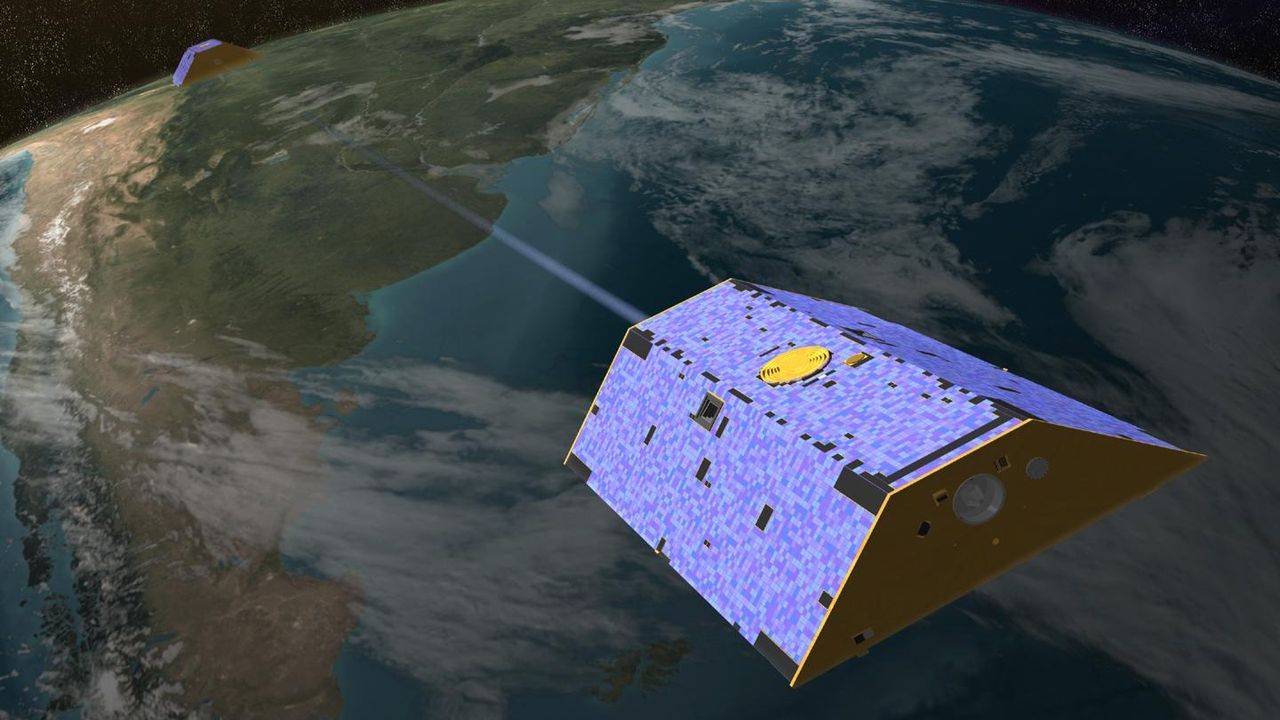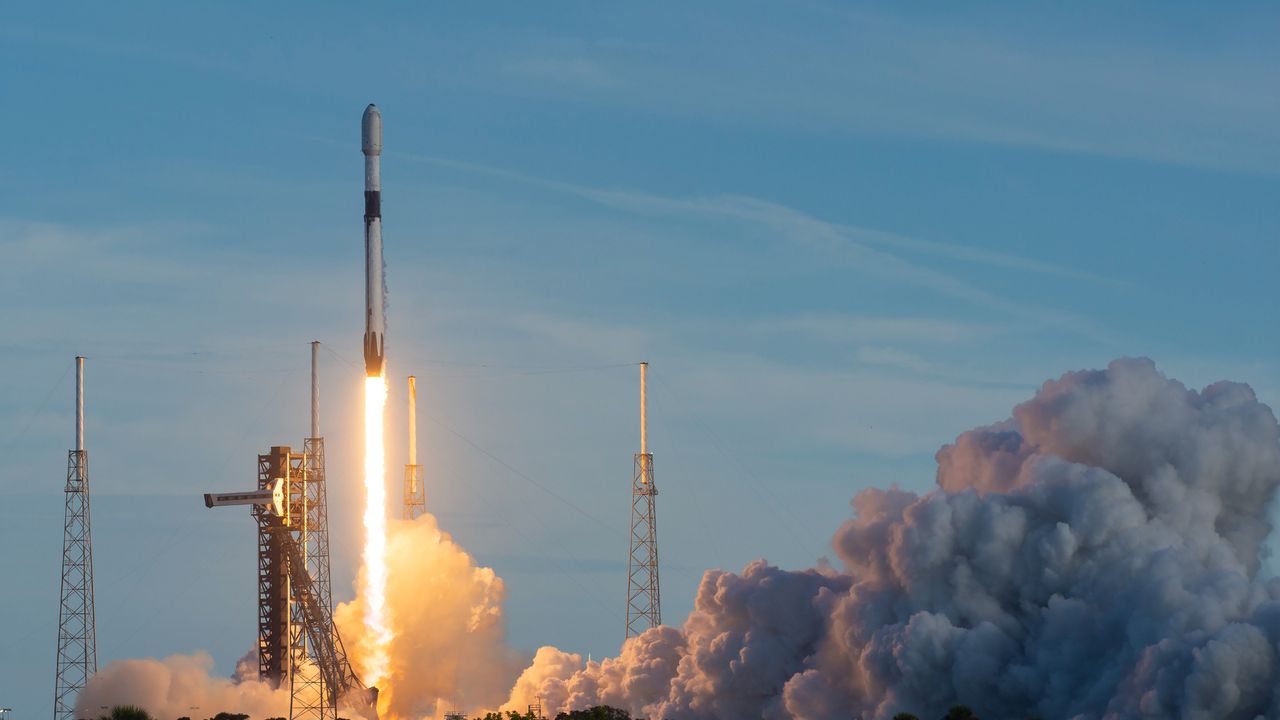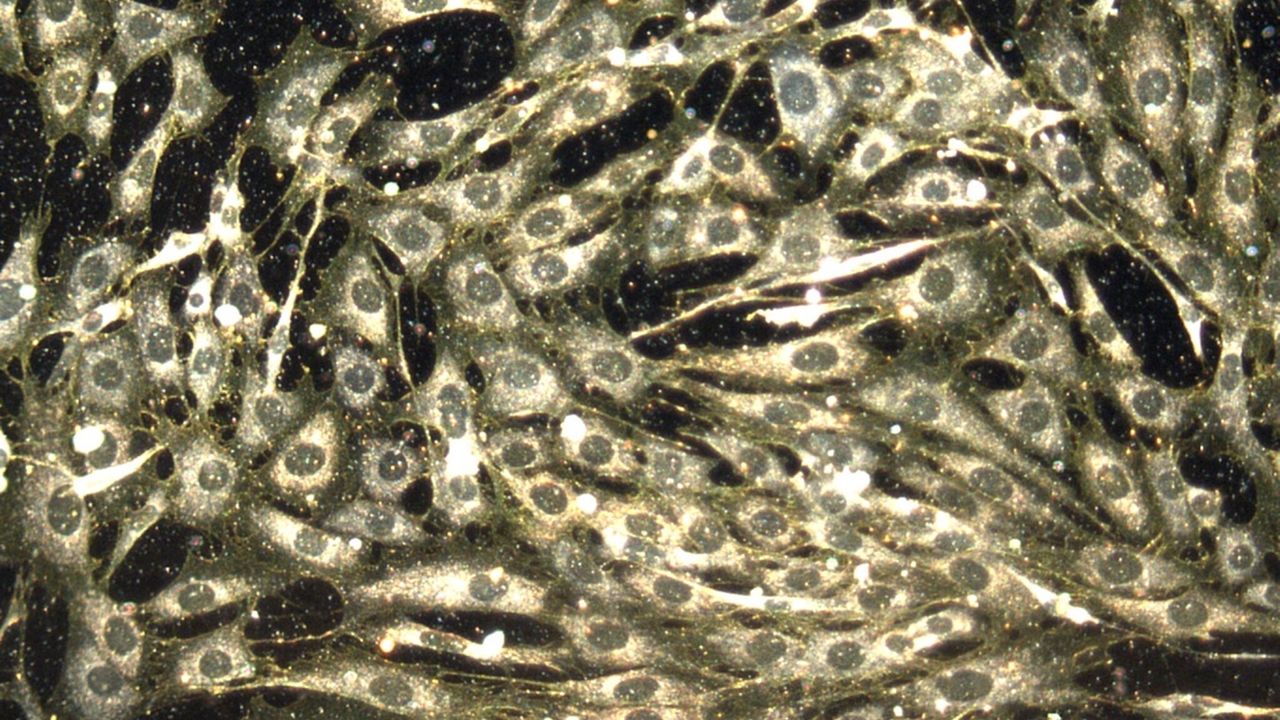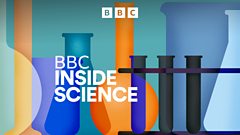Satellites detected strange gravity signal coming from deep within Earth almost 20 years ago, study reveals
NeutralScience

A recent study reveals that between 2006 and 2008, GRACE satellites detected an unusual gravity signal, suggesting a possible mineral shift deep within Earth's mantle. This discovery is significant as it enhances our understanding of Earth's internal processes and could have implications for geophysical research.
— Curated by the World Pulse Now AI Editorial System









